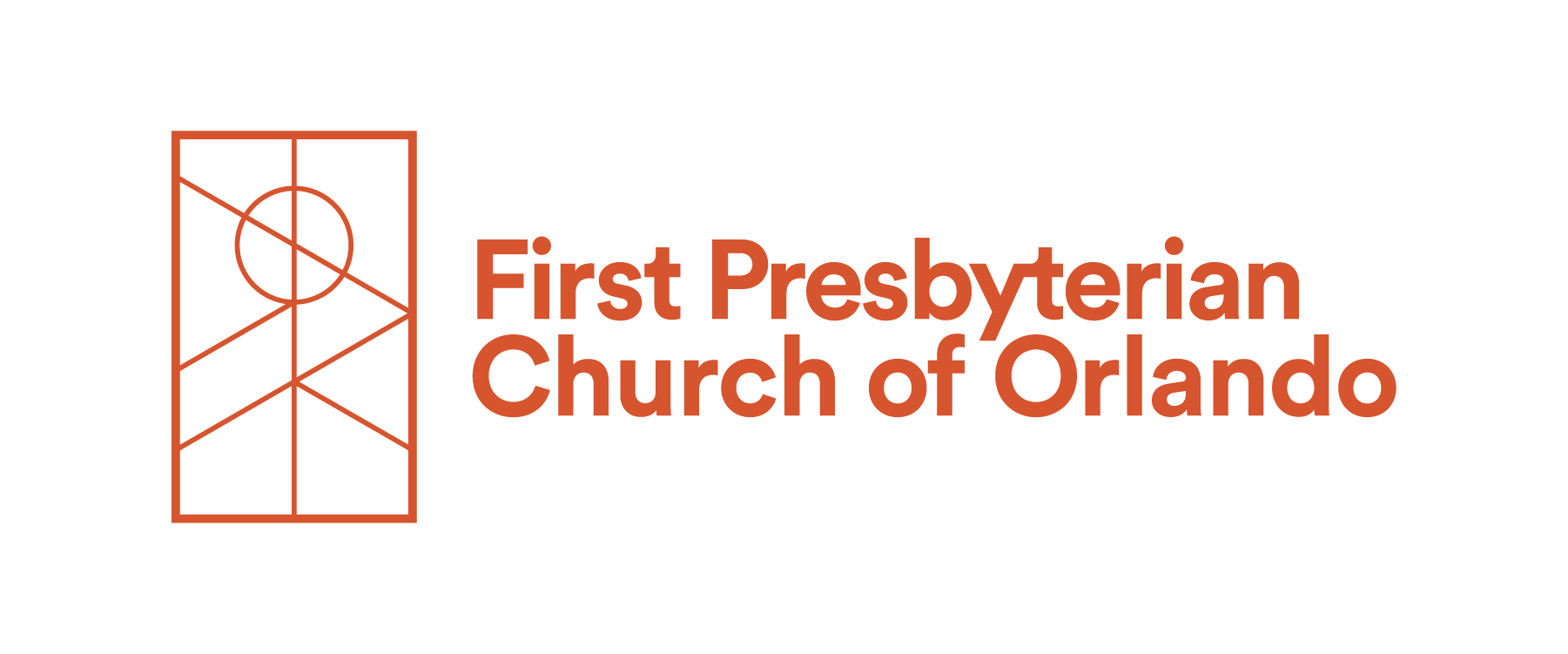A Reflection in a Heavy Moment
“For He Himself is our peace, who has made the two groups one and has destroyed the barrier, the dividing wall of hostility.” Ephesians 2:14
____________________
Life feels heavy lately. As we mark the anniversary of September 11, we grieve yet another school shooting, and we mourn the loss of a husband and father whose public voice shaped countless conversations. Our world feels so fractured, so fragile, so violent. Like many of you, I am angry. I am also sorrowful.
My grief deepens when I see how quickly some are to celebrate or to meet hatred with more hatred. Part of that anger is about the political climate we live in—a climate that thrives on division and too easily vilifies those who think differently. And this is not unique to one moment or one “side.” Too often, it’s the loudest extremes that capture our attention and distort how we see one another.
I want to stay in the anger, and maybe you do too. It feels natural, even justified. Some of my friends have expressed devastation and sorrow. Others respond as if retaliation is the only answer. I understand both impulses, because anger always seeks an outlet. But left unchecked, anger turns into enmity. Scripture reminds us that our battle is not against flesh and blood, but against the powers of darkness that seek to divide and destroy. That Truth reorients my anger—it keeps me from turning it against my neighbor and calls me instead to resist the real enemy through love, prayer, and faith.
My truest identity is not found in being an American, a husband, or a father. Before all of that, I belong to Jesus. I am His child—undeserving of His grace, yet fully embraced by it. And that is good news, not only for me, but for this broken world. Whatever you carry today—anger, grief, fear, or confusion—Jesus meets you there and invites you to become His child too.
And this is where our witness matters. The world sees terrorism, violence, hatred, and division as cycles that cannot be broken. Left unchecked, division escalates until violence feels inevitable. But as followers of Jesus, we are called to embody a different reality. During the Roman plagues, when others fled the cities, Christians stayed to tend the sick. They didn’t win hearts by out-arguing Rome, but by out-loving their neighbors. Their sacrificial love spoke louder than denunciation, and through the Spirit’s power, the Church flourished—even as empires crumbled.
Dale Bruner once taught that Christians are called to live at the intersection of Truth and Grace. Truth, he said, is represented by the vertical beam of the cross—solid, rooted, able to bear the full weight. Grace is represented by the horizontal beam—the outstretched arms of Jesus, ready to embrace the whole world. And it is precisely at that intersection—where strength and embrace meet, where there is both tension and cost—that our witness becomes most real.
Living at that intersection shapes not only how we love, but also how we speak. Following Jesus doesn’t mean silence in the face of sin or injustice. He Himself overturned tables in the temple and spoke with prophetic boldness. But notice: His harshest critiques were not aimed at Rome or outsiders, but at His own people—those who claimed to represent God yet distorted His heart. In the same way, our prophetic witness today begins with humility, repentance, and truth-telling within the household of faith. And when we do speak out, it must always reflect His way—marked not by vengeance, but by Truth and Grace together.
This is the way of Jesus. He wept at Lazarus’ tomb, showing that God enters our sorrow with tears of His own. He calmed storms and quieted mobs, refusing to let fear or fury dictate the outcome. He bore the cross without retaliation, absorbing hatred and injustice rather than reflecting them back into the world. Sacrificial love is costly. It demands more than anger or revenge ever could. But it is the only way that heals, and the only witness that reveals the heart of His Kingdom.
So I invite you to pray—for a family now grieving the loss of a husband and father, for our nation divided and weary, for victims of terrorism, for families shattered by violence, and for all caught in cycles of fear and retaliation.
Yet prayer is not the end of our calling—it is the beginning. The way of Jesus calls us not only to lift our voices to God but also to walk in humility, to practice repentance, and to speak the Truth in love. It means leaning toward our neighbors—especially those who see the world differently than we do—listening before judging, extending grace before assuming the worst, and choosing presence over polarization. These small, faithful acts, multiplied across the Church, bear witness to a Kingdom where healing is possible.
In the end, our calling is the same: to point the world to Jesus—the only One who can truly restore what is broken, and the One in whom our truest identity is found. In Him, the walls of hostility fall, the cycles of violence are broken, and the peace of His Kingdom takes root where hatred once reigned.
In Love,
Dr. Jack Peebles
Sr. Associate Pastor, First Presbyterian Church of Orlando

